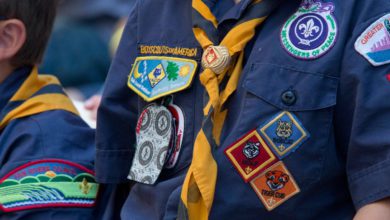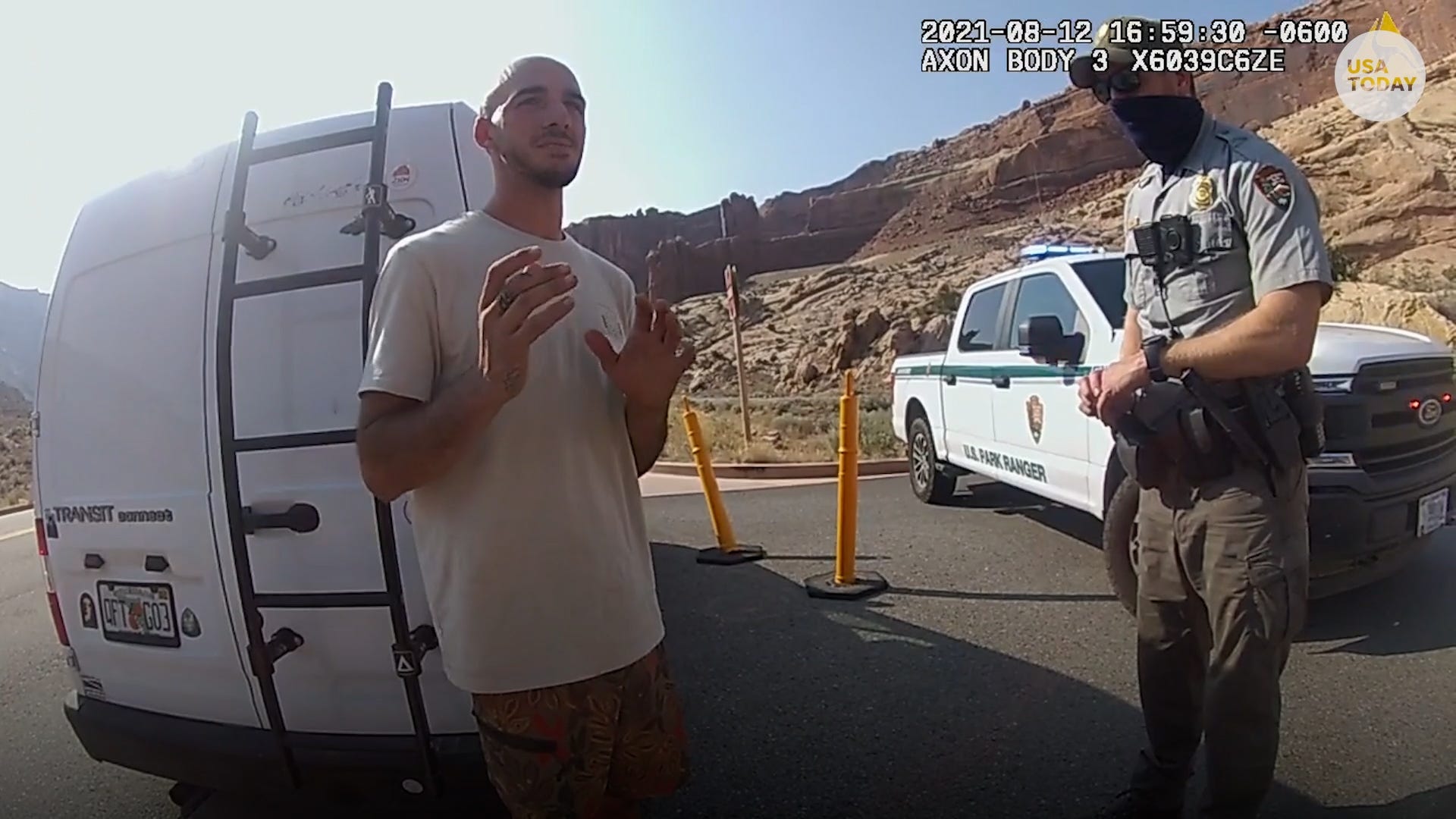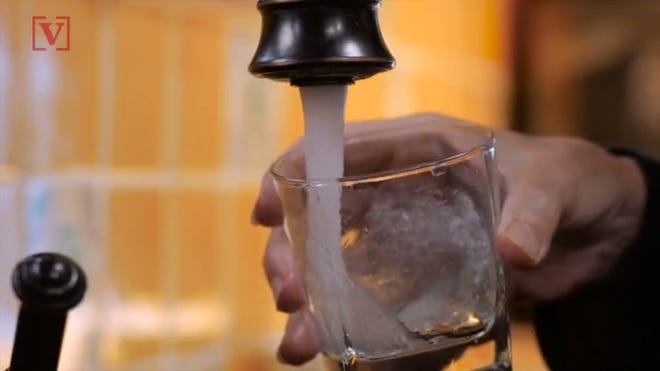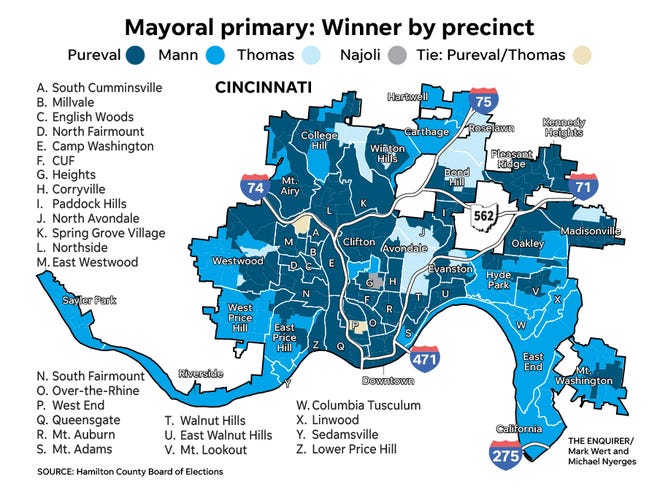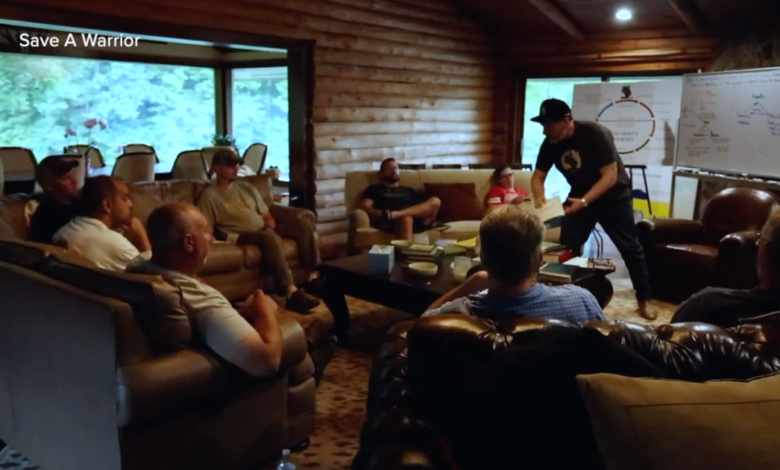
HILLSBORO, Ohio — Veterans returning to civilian life sometimes face mental health issues as a result of their time spent during deployment. One local charity, Save a Warrior, helps soldiers deal with those issues through an intense program.
“Once you have an absence of hope, inside of the spirit inside of somebody's psyche, that's when the trouble starts. That's when you can start going down that really dark path,” said Adam Carr, executive director of Save A Warrior.
The non-profit focuses on ‘alternative holistic’ approaches to overcome the symptoms associated with post-traumatic stress and suicidal ideations, according to its website.
“We would love to be the first stop on somebody's journey as they're getting ready to transition,” Carr said. “We're here through transformation to inspire hope inside of a human being so they can take a different path, because we know our veterans and first responders, they deserve it. They've served our country; they've given everything to ensure that we get this incredible life of freedom that we have.”
Carr went through the program himself, following his time as a soldier within Special Forces. He discovered an all-too-common sense of trouble navigating the world outside of deployments and military structure. He missed the sense of serving.
“I was losing friends in combat," he said "I lost friends to suicide, commanders. I mean, the list goes on, we could have a whole segment just on that. And I was really looking for something that was having an impact in this area. And I found that through Save A Warrior.”
The SAW program is an intense 72-hour initial experience to get to the root of the issues followed by a 500-day plan to get the veteran back on track.
Courtesy, Save a Warrior
“I tried to go back into my old life, though, afterwards, you know, I tried to cope with my problems, the way that I knew how to cope with them. It wasn't until I actually hit my, you know, my real bottom, after Save a Warrior that I decided to, like, really buckle down,” Army veteran Keith Johnson said.
His journey after the military had its ups and downs. He used the education benefits he earned during his service to send himself to culinary school, with the goal of becoming a chef. However, despite his full certification, his lifestyle had veered him off course.
“I ended up at Save a Warrior after I caught a few felonies," Johnson said. "And basically, crashed my life in the ground.”
Save A Warrior was the lifeline he needed. He now serves as the organization’s executive chef planning and cooking for the dozen or so attendees to the program during different class groups or cohorts.

Courtesy, Save a Warrior
To date, the organization said they’ve had 1500 veterans and/or first responders come through the program. Those attending range from modern day veterans from Afghanistan and Iraq to veterans from World War II who are still dealing with the effects of their service.
“What happens is a 500-day, well-executed plan that really helps somebody get into a community, that 500 day starts when they come through the program, and then take a day by day, daily practice into account, whether it's meditation, serving other people, a lot of times, that's volunteering, and getting things back on track, into where life really, if you're to look at things in the fork of a road looks completely different 500 days later,” Carr said.
Rosa Torres is the Female Programming Facilitator for Save A Warrior and describes one of the principals behind what they do to help those attending process whatever weight the person is carrying.
“We're not negating what happened, we're not trying to erase what happened,” she said. “What this program does is it strips away the power, what happened, happened, it's how we perceive it, how we accept it, how it occurs to us, that can either affect our lives negatively, or just be another thing that we can accept, learn how to accept, and then continue to live a full life.”

Courtesy, Save a Warrior
According to Torres, women veterans or first responders carry the burden tragedy in a different manner which means women coming through the program often take a different route to free themselves.
“Women, by and large, carry a burden that men don't carry, because life comes through us. And we are responsible for life,” Torres said. “And then when we were present when lives are lost or taken, or even more so responsible for taking lives, as in the military, something inside is wounded, to the point where we start to feel that there will, never be a healing for that. This program, by and large, helps us address those wounds, and heal them. So that we can take our lives back and live with the freedom that life should bring us.”
The Save a Warrior headquarters is also expanding to be able to help even more veterans and first responders improve their mental health and overall well-being.
“We have the construction of the first ever National Center of Excellence for complex post-traumatic stress in the United States,” Carr said.
They hope to have the facility completed by the end of 2021.
People interested in finding out more information about the Save A Warrior program can visit their website.
If you have a veteran story to tell in your community, email [email protected]. You also can join the Homefront Facebook group, follow Craig McKee on Facebook and find more Homefront stories here.

